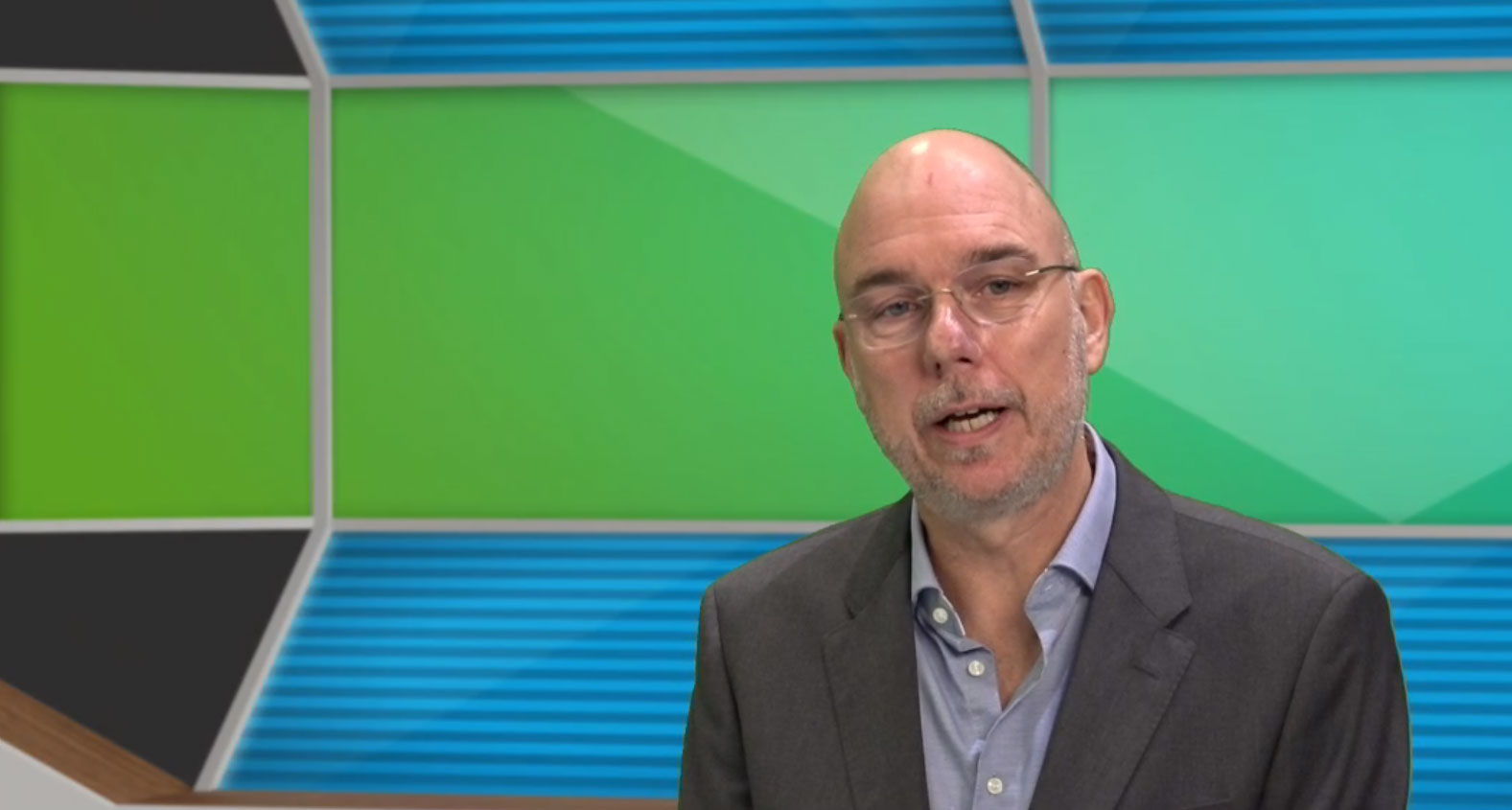According to Blokzijl, many consumers have lost confidence in the chemical industry, partly because aggressive and environmentally-unfriendly substances are used in products, but also because of its role in climate change and the plastic problem. Incidents surrounding ‘green washing’ fuel the mistrust. “So we have to be completely transparent and design products for consumer confidence. That means milder ingredients, better performance, less energy consumption, but also a smaller CO2 footprint. Moreover, these products must be affordable. We really need to make progress.”
Even more ambitious goals have been formulated within the Clean Future agenda. All packaging will be recyclable by 2025 By 2030 all cleaning products will be fossil-free and fully biodegradable. In addition, by 2039 they must be produced completely emission-free. To make all of this possible, the group is allocating a total of € 1 billion for R&D until 2030. “For me as an R&D scientist, this is an enormous challenge,” said Blokzijl. “We have the opportunity to completely change our products: from the formulations and properties to the packaging. The bottom line is that we have to reinvent the industry. That is a daunting but also inspiring task on which we certainly will have our hands full.”
Contribution
Blokzijl therefore invited chemical companies to contribute to the transition. “We have been using green chemistry in our products for some time, but we want to diversify more towards renewable or circular feedstocks. On the one hand, we are looking for a large scale, but we are also willing to participate in pilots, for example. Because we are a global company, we can introduce innovations in specific markets or countries to gain experience there.” An example is the introduction of the washing-up liquid Quix in Chile. It contains a new biosurfactant that was developed with the chemical company Evonik. This biobased surfactant not only performs well, but also has skin-nourishing properties and therefore provides extra added value for the consumer. More information about Clean Future can be found on the Unilever website.
Biorizon
Shared Research Center Biorizon is an initiative of TNO (the Netherlands) and VITO (Flanders) and has been working since 2013 on the commercial production of bioaromatics: essential building blocks for the chemical industry. This year’s Biorizon Annual Event on Bioaromatics on December 3rd attracted 300 participants from 29 countries. A recording can be viewed online via the Biorizon website.
Read more in the December issue of Agro&Chemistry.
Picture: Biorizon


